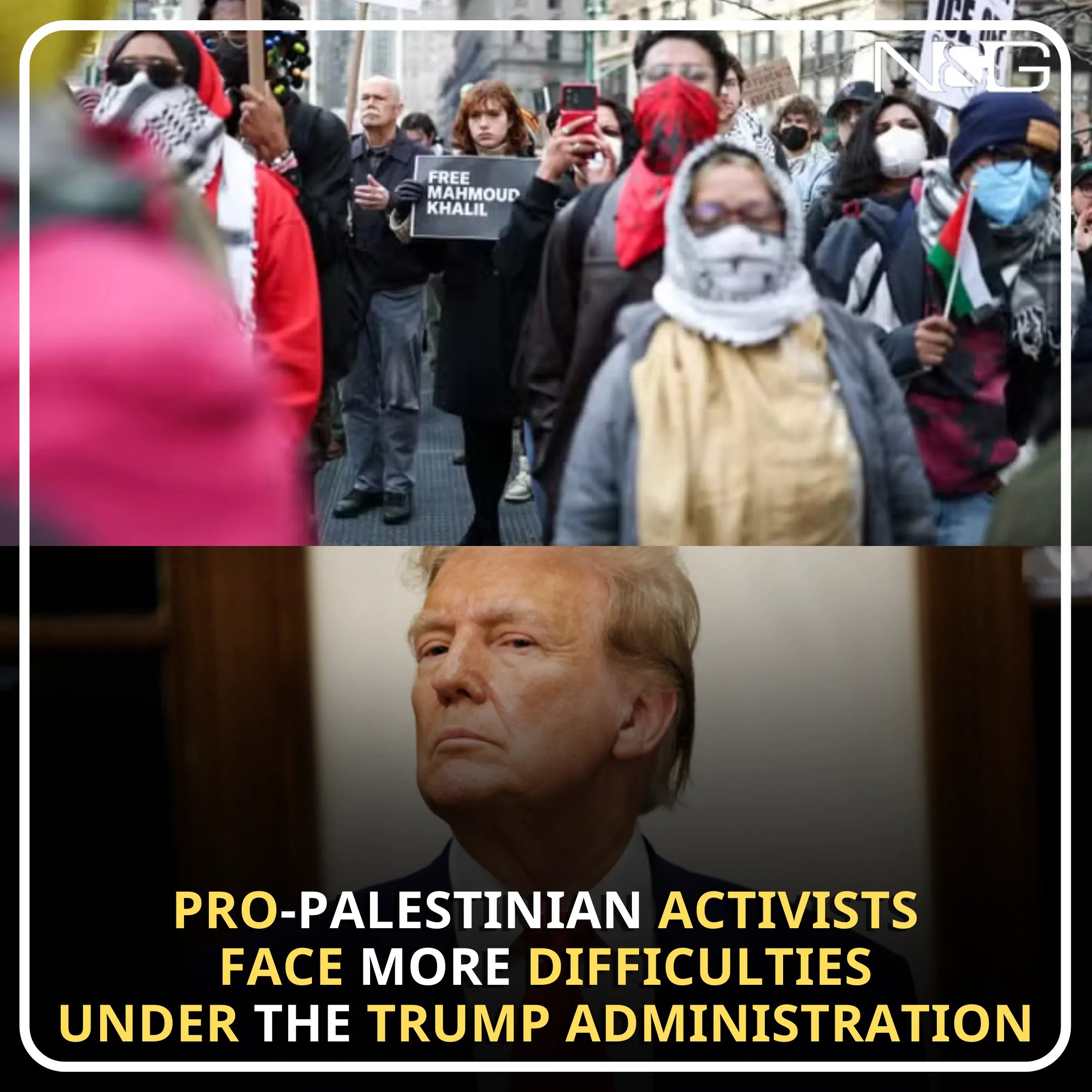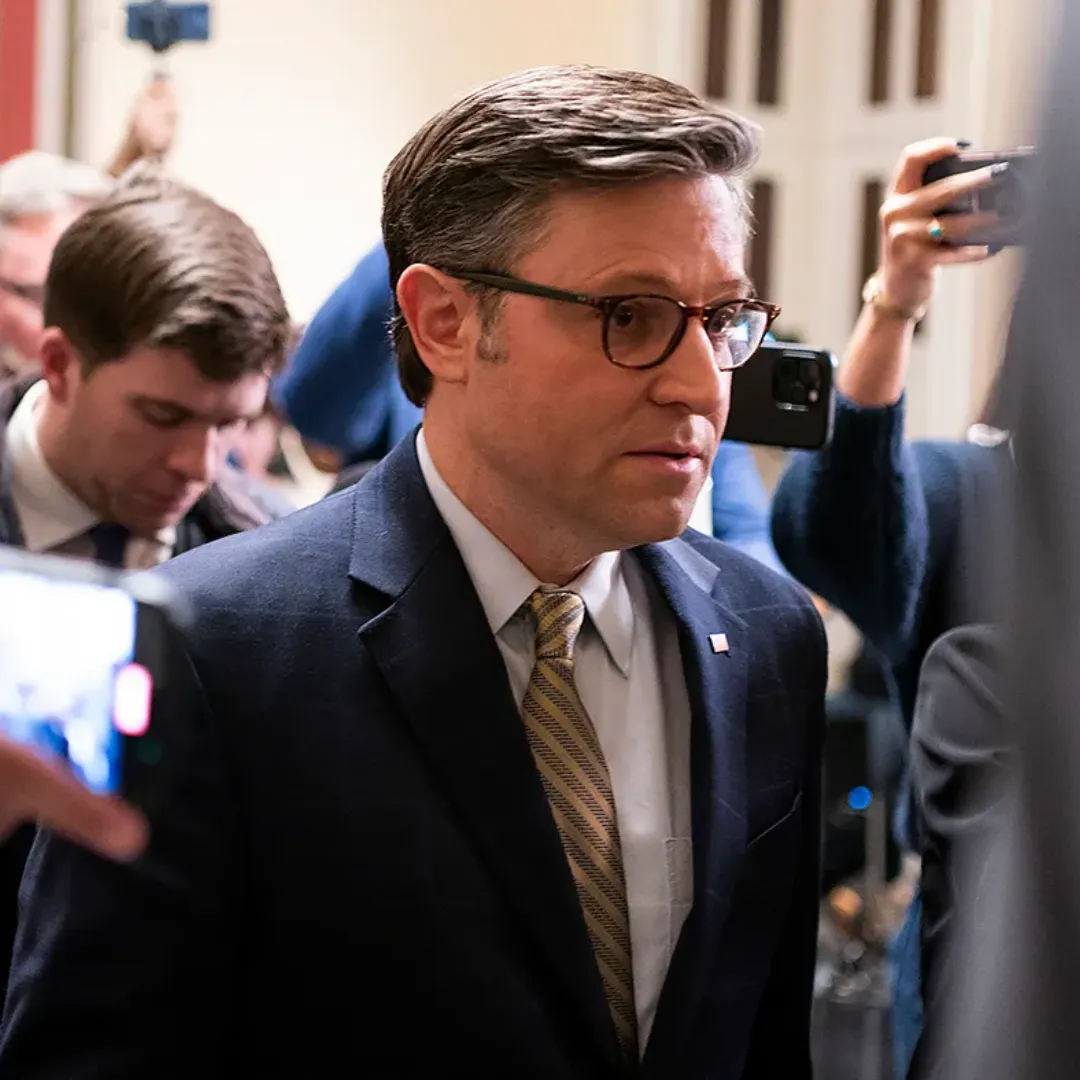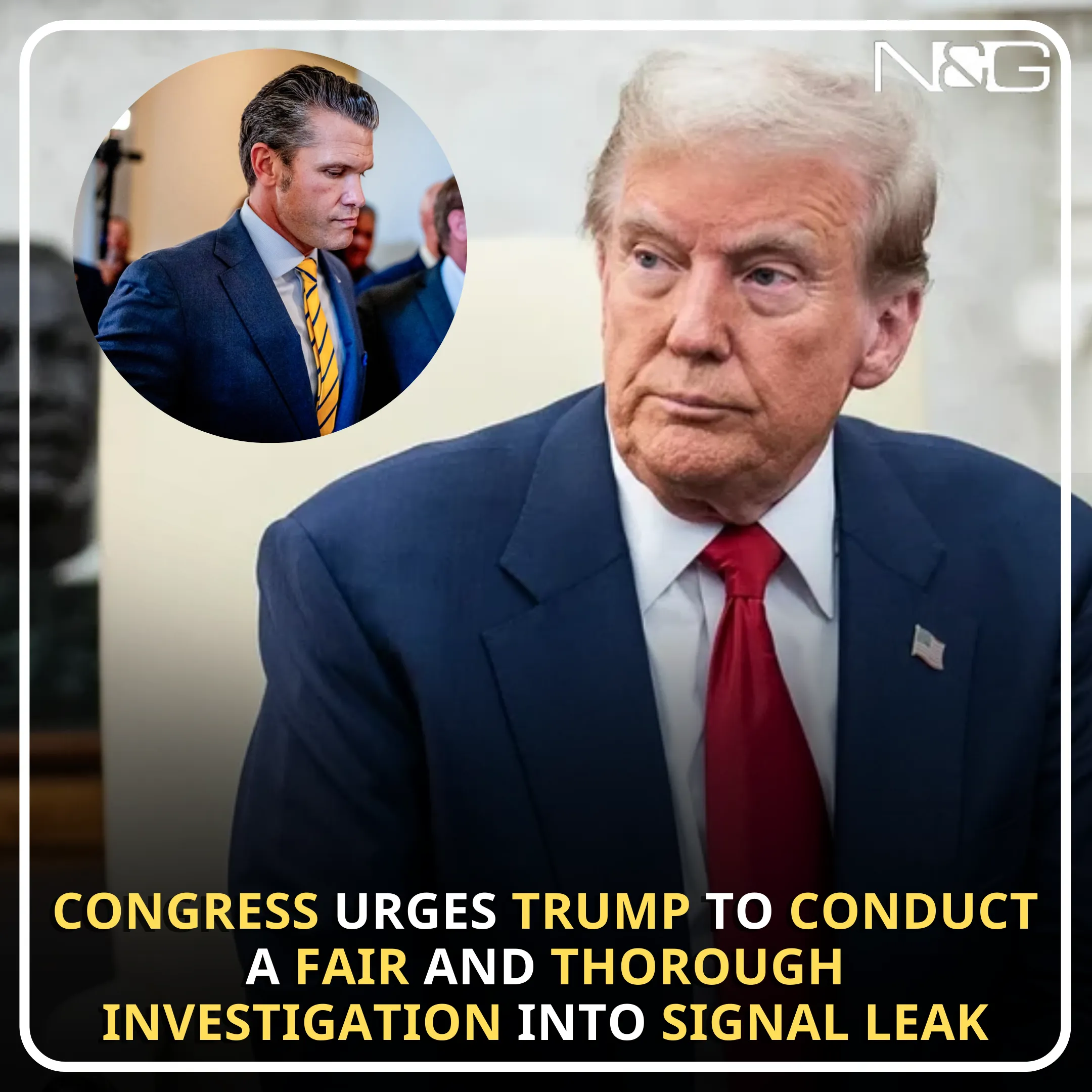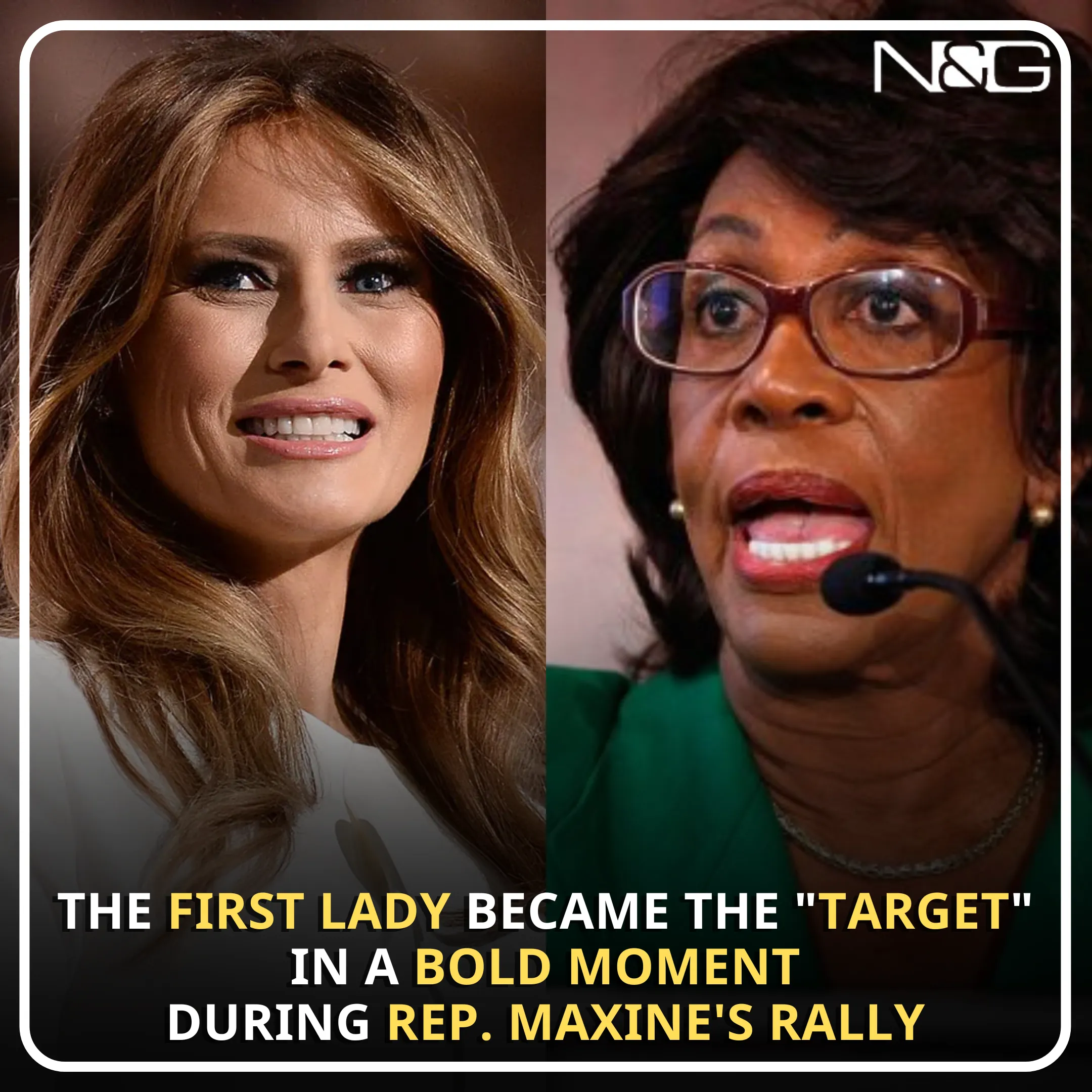
As the political landscape continues to shift under the leadership of President Donald Trump, one group of activists is finding itself on the receiving end of increased scrutiny and pressure—Pro-Palestinian groups.
Once a more marginalized segment of the political spectrum, these activists now find themselves at the center of a storm, with political and social tides moving sharply against their cause. In this new era, the challenges they face are not just rooted in their stance on the Israeli-Palestinian conflict, but in the broader political environment shaped by the Trump administration, where both foreign policy and domestic sentiments intersect in unsettling way.
For decades, Pro-Palestinian activism in the United States has been a passionate yet often overlooked cause. The movement, typically associated with grassroots organizations and international human rights advocates, has called for an end to the Israeli occupation of Palestinian territories, the recognition of Palestinian statehood, and the protection of Palestinian rights.
This movement has long been a flashpoint in American politics, drawing both support and vehement opposition from various sectors of society.

However, under the Trump administration, the dynamics surrounding Pro-Palestinian activism have shifted. President Trump’s policies towards Israel—most notably his recognition of Jerusalem as the capital of Israel in 2017—have fundamentally altered the political landscape, emboldening pro-Israel groups and putting those who challenge the status quo on the defensive.
This has created an environment where Pro-Palestinian activists are now facing heightened scrutiny, not just from the government, but from larger segments of the American public.
The roots of this new era for Pro-Palestinian activists lie in the broader ideological divide that has come to define the Trump era. The political polarization that has gripped the country is particularly evident in the context of Middle East policy.
Under Trump, the U.S. has shifted its stance on Israel, moving further toward a pro-Israel position, while distancing itself from any meaningful pressure on the Israeli government to negotiate with Palestinians.
The Trump administration’s support for Israeli policies, including the expansion of settlements in the West Bank and the controversial move of the U.S. embassy to Jerusalem, has been a defining feature of its foreign policy.
This alignment with Israel has not only alienated Palestinian advocates but has also contributed to the growing vilification of those who openly support Palestinian rights.

In this charged political environment, Pro-Palestinian activists—particularly those aligned with progressive or left-leaning causes—have found themselves increasingly marginalized. The rise of right-wing political rhetoric has painted them as anti-American or anti-Semitic, with accusations of harboring radical ideologies and sympathies for terrorist organizations.
This narrative, largely fostered by conservative political elites and media outlets, has created a climate of fear for many activists who are now worried about the repercussions of their activism, both legally and socially.
Trump’s policies on Israel and Palestine have undeniably reshaped the conversation around the Israeli-Palestinian conflict in the United States. The U.S. has traditionally played the role of a mediator in the peace process, but under Trump, that role has been all but abandoned.
Instead, the U.S. has explicitly sided with Israel, ignoring or downplaying the legitimate concerns of Palestinians.
One of the most controversial moves by the Trump administration was its decision to recognize Jerusalem as the capital of Israel. This decision, which was widely condemned by the international community, was seen as a victory for Israel’s hard-right government, but a grave setback for peace efforts in the region.
The move further entrenched the sense of disenfranchisement among Palestinians, who viewed Jerusalem as the capital of their future state.

In addition to his unwavering support for Israel, Trump has also taken steps to undermine Palestinian leadership and weaken their negotiating power.
His administration has cut funding to the United Nations Relief and Works Agency (UNRWA), which provides vital assistance to Palestinian refugees, and has sought to delegitimize the Palestinian Authority’s efforts to achieve statehood through diplomacy.
These actions have left Palestinians feeling isolated, with little recourse to challenge U.S. policies that they view as biased and unjust.
For Pro-Palestinian activists, the impact of these policies has been profound. Not only have they faced a government that is openly hostile to their cause, but they have also found themselves facing a public that is increasingly unsympathetic to their message.
The national conversation on Palestine and Israel has become more polarized than ever, with little room for nuanced discussion or dissenting viewpoints.
As Trump’s political brand has become synonymous with right-wing nationalism, the ideological divide in the U.S. has deepened. This has created a fertile ground for the rise of extreme views, including overtly pro-Israel and anti-Palestinian sentiment.
Under Trump, the far-right has increasingly framed Pro-Palestinian activism as a threat to national security, with some even labeling activists as supporters of terrorism or enemies of the state.

This shift has led to the criminalization of Pro-Palestinian activism in some quarters. Anti-BDS (Boycott, Divestment, Sanctions) legislation, which has been championed by pro-Israel lobby groups, has sought to curtail the ability of activists to advocate for Palestinian rights.
These laws, which have been passed in several states, make it more difficult for individuals and organizations to publicly call for boycotts of Israeli products or institutions, a tactic that has been widely used by Pro-Palestinian groups as a means of protest.
In addition to legal challenges, Pro-Palestinian activists have faced increasing threats from right-wing extremists. The rise of hate groups and the normalization of anti-Muslim and anti-Arab rhetoric have only served to heighten the danger for activists who are outspoken in their support of Palestinian rights.
The combination of political hostility and social intolerance has created an atmosphere in which Pro-Palestinian activists are now forced to navigate an increasingly dangerous landscape.
The media plays a critical role in shaping public perception, and in the Trump era, the narrative surrounding Pro-Palestinian activism has been largely dominated by conservative outlets. The mainstream media, with its focus on sensationalism and controversy, has often framed Pro-Palestinian activists as radical or outside the mainstream.

This has further entrenched negative stereotypes and made it more difficult for activists to gain a platform for their views.
Conservative media outlets have seized on the rhetoric of the Trump administration, painting Pro-Palestinian activists as enemies of America and proponents of violence. By aligning Pro-Palestinian activism with extremism, these outlets have worked to delegitimize the movement and discredit its supporters.
This has contributed to a climate of fear and uncertainty among activists who worry that their efforts to advocate for justice in Palestine will be overshadowed by accusations of disloyalty or radicalism.
In contrast, progressive media outlets have sought to provide a more nuanced perspective on the issue, but they often face pushback from the political right and from pro-Israel advocacy groups.
The media environment, underpinned by political polarization, has made it increasingly difficult for Pro-Palestinian activists to find a neutral platform from which to express their views.
For Pro-Palestinian activists, the road ahead is fraught with challenges. The Trump administration’s policies and the broader political climate have made it more difficult to advocate for Palestinian rights, and the growing backlash from conservative forces has put many activists at risk.

Yet, despite the daunting obstacles, Pro-Palestinian activism shows no signs of waning.
There remains a dedicated core of activists, particularly within progressive and left-wing circles, who continue to fight for justice and equality for Palestinians. They draw strength from their belief in the cause, and from the international solidarity they receive from like-minded groups around the world.
As long as the oppression of Palestinians continues, the movement for their rights will persist—though it may face new and unforeseen challenges in the years to come.
The question is not whether Pro-Palestinian activists will continue to fight, but how they will adapt to this new era. In a political climate defined by division, their ability to find common ground with allies, challenge the prevailing narrative, and build solidarity across ideological lines may determine the future of their cause.

One thing is certain: the struggle for Palestinian rights is far from over, and it will continue to shape the contours of American politics for the foreseeable future.



